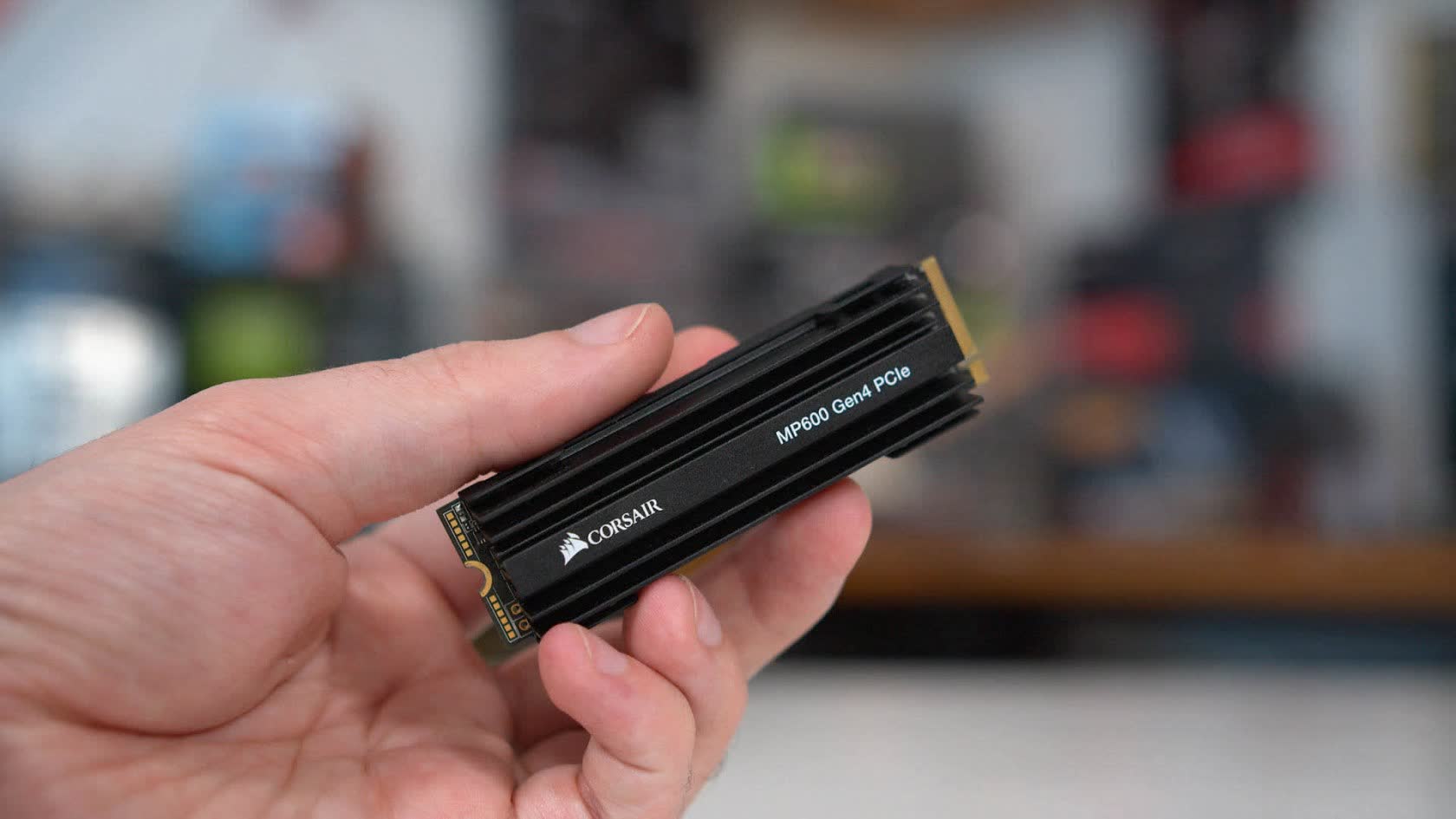Gotta call it like I see it... Your methodology for graphing, that of always graphing the CPU's in the same order gives a perceived 'slant' towards AMD as Intel is always in the 3rd position even when its score put it in 2nd place. Fanboism has no place in journalism. Avoid even the perception.
For a 'technical' web site you don't seem to really get very technical. You don't dig deep enough, or thorough enough. You tend to 'gloss over' the underlying details. Am I whinging? No, not really. Look at Igor's lab for inspiration., or to see where my point of view is coming from. Igor is the true successor to Dr. Thomas Pabst, the founder of Tom's Hardware, in my opinion.
